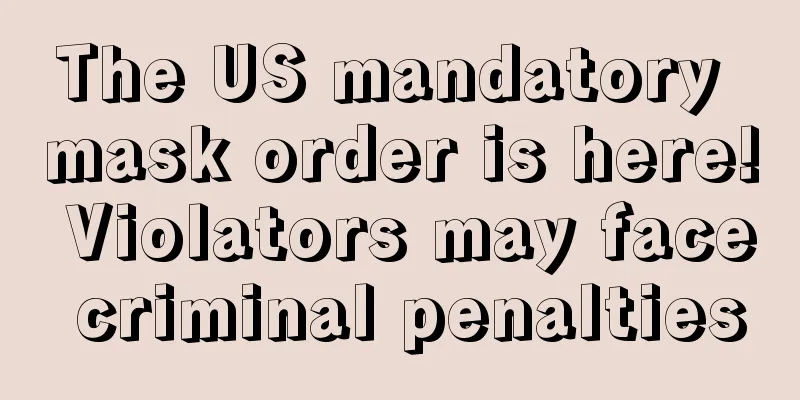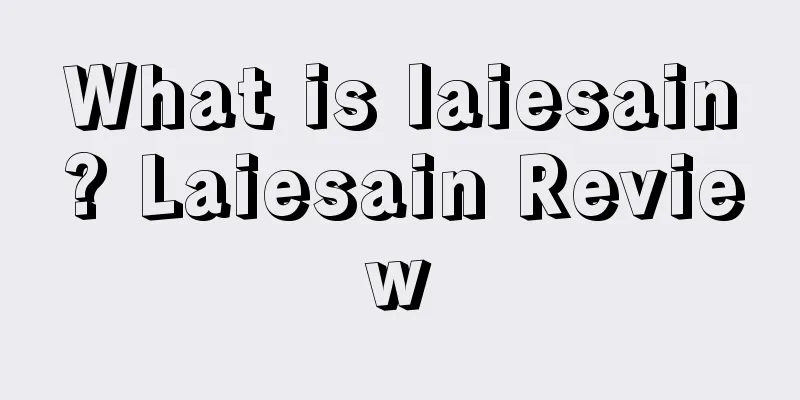The US mandatory mask order is here! Violators may face criminal penalties

|
|
<<: FBA shipping costs increased by nearly 60%! Amazon...
Recommend
What is Sasa.com? Sasa.com Review
Sasa.com is an e-commerce website under Sasa Inter...
Overstock's full-year revenue fell short of expectations, and its stock price plummeted 54%!
It is learned that on February 22, the US e-commer...
What is Kinja Deal? Kinja Deal Review
Kinja deal is the Deal section of GAWKER, the larg...
Amazon's internal traffic entrance, see which one you don't know yet
Image source: 123rf.com.cn In Amazon's operati...
What is thegreatputonmv? thegreatputonmv review
thegreatputonmv focuses on European high- end luxu...
What is burgundyassemblage? Burgundyassemblage review
burgundyassemblage is a collection of beautifully ...
Teach you step by step how to find the contact information of Amazon Top Reviewer!
Quickly promote the 44th article outside the site ...
What is Wish Star Factory? Wish Star Factory Review
Wish's "Star Factory" plan is a new ...
What is Buffer? Buffer Review
Buffer is a marketing automation tool that helps y...
Twitter shareholders sued Musk and Twitter, claiming they manipulated the stock market to try to lower the acquisition price!
<span data-shimo-docs="[[20,"获悉,",&qu...
U.S. e-commerce sales increased 8% year-on-year in June
It is learned that according to foreign media repo...
What is AMZ.One? AMZ.One Review
AMZ.One is an outstanding data analysis tool speci...
Breaking news! Amazon will ban the sale of such products, and sellers are discounting to clear inventory overnight?
▶ Video account attention cross-border navigationI...
Costco and Uber partner to trial same-day delivery service
It is learned that according to foreign media repo...
Seller costs have risen again! USPS announced that it will impose a peak season surcharge starting October 2!
<span data-docs-delta="[[20,"USPS"],[...









